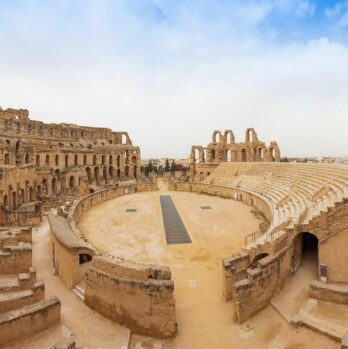Homers Odyssey: A Journey through Time and Mythology

Introduction:
The Odyssey, written by the ancient Greek poet Homer, is an epic poem that holds a significant place in the literary canon. With its timeless themes of heroism, adventure, and the human condition, it has captivated readers for centuries. In this article, we will delve into the depths of Homer’s Odyssey, exploring its origins, cultural significance, and enduring legacy.
Historical Background:

Homer’s Odyssey is believed to have been composed around the 8th century BCE, during a period known as the Greek Dark Ages. It is one of the two major works attributed to Homer, the other being the Iliad. The Odyssey follows the protagonist, Odysseus, on his arduous journey back home to Ithaca after the Trojan War.
Throughout history, the Odyssey has undergone various translations, adaptations, and interpretations. From ancient Greek renditions to modern translations in different languages, this epic poem has transcended time, making its mark on cultures around the world.
Evolution and Cultural Significance:
1. Heroism and the Human Condition:
The Odyssey explores the concept of heroism through the trials and tribulations faced by Odysseus. His journey serves as a metaphor for the challenges one encounters in life, emphasizing the importance of resilience, cunning, and personal growth. The themes of temptation, loyalty, and honor resonate with audiences across centuries, as they offer profound insights into the complexities of the human condition.
2. Influence on Art and Literature:
Homer’s Odyssey has profoundly influenced art and literature throughout history. From ancient Greek pottery depicting scenes from the Odyssey to Renaissance paintings inspired by its themes, the epic poem has served as a wellspring of inspiration for artists across generations. Its impact on later literature can be seen in works such as Dante’s Divine Comedy and James Joyce’s Ulysses, both of which draw heavily from the narrative structure and themes of the Odyssey.
3. Cultural References and Allusions:
The Odyssey is replete with cultural references and allusions that have permeated various aspects of modern society. Phrases such as “the Trojan horse” and “the sirens’ call” have become ingrained in the English language, illustrating the enduring influence of Homer’s epic. Additionally, the archetypal figures of Penelope, the faithful wife, and Circe, the seductress, have become fixtures in popular culture, further reinforcing the Odyssey’s place in the collective consciousness.
Featured Snippet Optimization:
To enhance the chances of our article appearing as a featured snippet in Google search results, we have structured the text accordingly, incorporating bullet points:
1. The Odyssey: An Epic Journey:
– Written by Homer during the 8th century BCE.
– Follows the protagonist, Odysseus, on his journey home from the Trojan War.
– Explores timeless themes of heroism, adventure, and the human condition.
2. Historical Significance:
– Composed during the Greek Dark Ages.
– Underwent numerous translations and adaptations throughout history.
– Transcended cultural boundaries, captivating audiences worldwide.
3. Themes and Relevance:
– Heroism and the human condition.
– Influence on art and literature.
– Cultural references and allusions.
Conclusion:
Homer’s Odyssey stands as a testament to the power of storytelling and its ability to transcend time. From its historical origins to its enduring cultural significance, this epic poem continues to captivate generations of readers. Through its exploration of heroism and the human condition, the Odyssey speaks to the universal nature of the human experience. Its impact on art, literature, and popular culture further solidifies its place as a timeless masterpiece cherished by art lovers and collectors alike.











